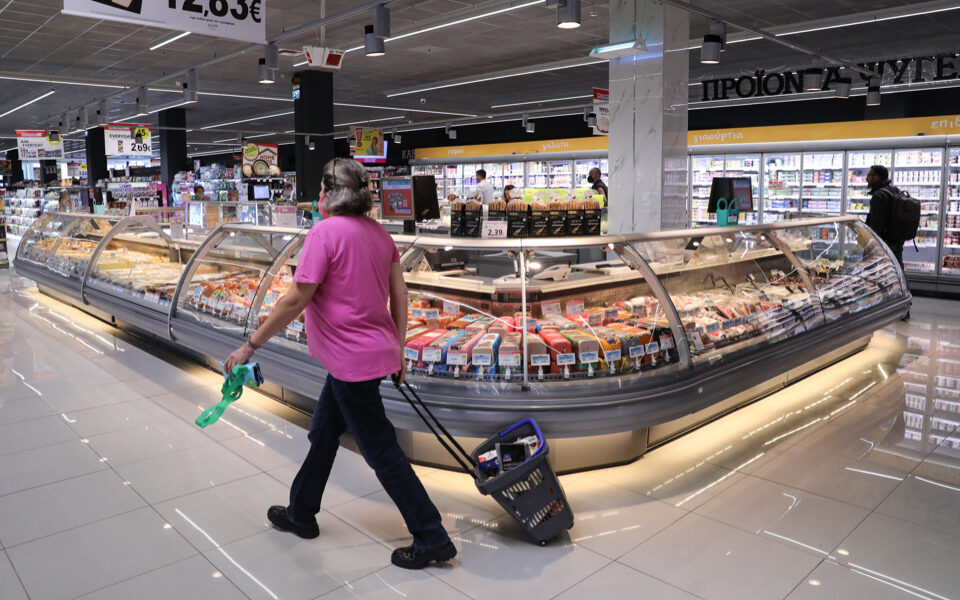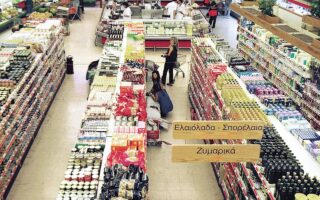More measures as prices rise

The measure banning special offers on retail products whose prices have been hiked is being extended to more products, concerning those with an increase after January 10, 2024, in an apparent effort by the Development Ministry to reduce inflation as high prices remain the biggest problem for citizens.
The fact that food inflation remains at a high level (8.3% in January 2024), while even on a monthly basis it recorded an increase, even if it was half a percentage point, explains the reasoning behind the new interventions. However, grocery sector officials claim that after the new changes, announced just 14 days before the implementation of the measures to combat inflation, it is extremely difficult for the supermarkets to be ready on March 1, while they foresee a significant decline in their turnover.
They meaningfully emphasize that in products where there is a significant shortage globally, such as olive oil, orange juice and cocoa, no ban is going to prevent price increases. At the same time, however, the ministry is opening a window for discounts even on products that have recently been repriced, as long as they are nearing their expiration date.
According to what the Hellenic Statistical Authority (ELSTAT) announced on Thursday, the annual inflation rate last month dropped to 3.1% from 3.5% in December 2023.
A decisive role in the de-escalation of the consumer price index for the second consecutive month belongs to the price reduction in energy products, mainly electricity and natural gas, taking place.
On the other hand, increases in the prices of food and several services, such as health insurance premiums, school fees, accommodation and food service, are maintaining inflationary pressures.
The product with the largest annual price increase, 67.4%, is olive oil, while in just one month, in January compared to December, its price increased by 6.8%. In fact, several food and drink categories recorded significant increases within a month – e.g. cold cuts (5.7%), alcoholic beverages (3.9%), fresh vegetables (2.8%) and yogurt (2.8%). Yet even where significant price reductions have been recorded, they are not enough to offset the large price growth in 2022-2023.




